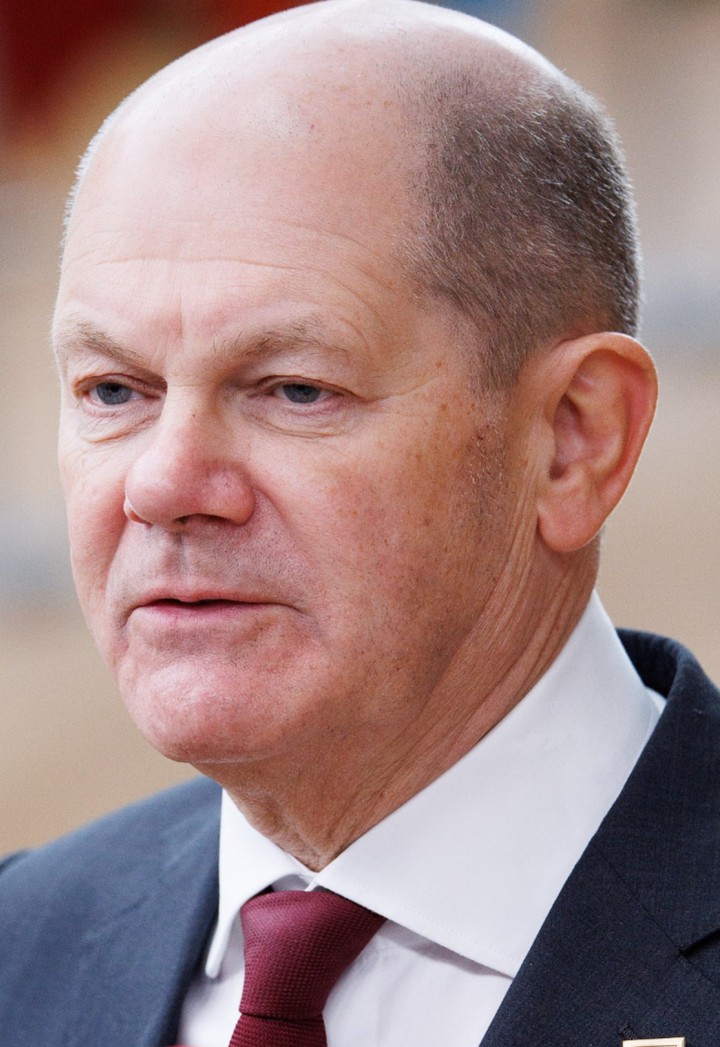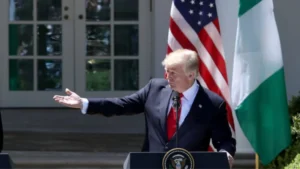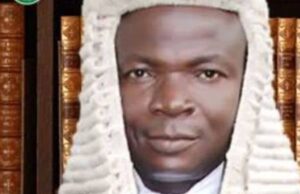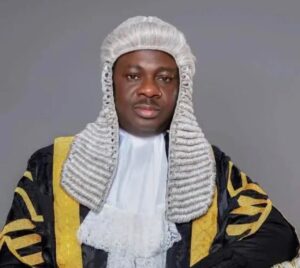
Olaf Scholz
By agency report
Germany is not seeking a change of government in Russia, German Chancellor Olaf Scholz said on Thursday, stressing his support for Baltic countries and Poland.
Scholz spoke after arriving at a two-day European Union summit in Brussels, where leaders will mull the potential consequences of a recent short-lived mutiny by Wagner paramilitary troops in Russia.
[the_ad id=”16914″]
“Our goal here is not a change of government, a regime change in Russia,” Scholz said, adding that Germany is not party to what is happening in Russia.
Following the uprising, Wagner group’s founder Yevgeny Prigozhin and fighters were offered exile in Belarus, heightening security concerns in neighbouring EU countries Poland, Latvia and Lithuania who are also part of NATO.
[the_ad id=”16918″]
“Every attack on NATO territory is a matter to which we have to respond collectively,” Scholz said, stressing his support for the countries concerned.
Poland had previously announced that it is looking to reinforce its eastern border with Belarus because of a potential transfer of Russian Wagner mercenaries to Poland’s neighbouring country.
The transfer of Prigozhin to Belarus poses a risk to Europe, Latvian Prime Minister Krisjanis Karins warned arriving at the meeting.
“The threat would probably not be a frontal military threat, but the threat of attempted infiltration into Europe for unknown purposes,” Karins said.
He said an unknown number of highly trained Wagner mercenaries are expected to join the Wagner chief in Belarus.
“We keep a wary eye on everything that occurs in Belarus,” Karins said, calling for security on the European Union’s external borders to be stepped up.
[the_ad id=”16917″]
NATO Secretary General Jens Stoltenberg said it was too early to draw final conclusions from the recent events and that it was not yet clear how many Wagner paramilitary forces will move to Belarus or elsewhere.
Stoltenberg joined the EU summit to assess potential implications for security in Europe and the war in Ukraine with leaders, as a large majority of EU countries are also members of the military alliance.
Leaders are also expected to reiterate their continued support for Ukraine when joined by Ukrainian President Volodymyr Zelensky by video-link, although disagreements between EU countries are brewing.
A decision on a further €500 million ($547.9 million) in military aid remains pending due to diplomatic rifts over Kiev having listed a Hungarian bank as a sponsor of the war.
Militarily neutral EU countries, including Ireland and Austria, voiced concerns about potentially being dragged too deep into the conflict.
Turning to the bloc’s internal issues, a recent decision by EU home affairs ministers to overhaul the bloc’s asylum policies, which left several countries unsatisfied, is also expected to keep leaders busy.
[the_ad id=”16920″]
Amid rising numbers of migrants arriving in the EU by sea, plans to support Tunisia with €900 million to alleviate the country’s economic crisis and reduce the number of people leaving for the bloc are also on the table.
The European Commission had proposed binding the aid package to reforms demanded by the International Monetary Fund (IMF), while Italy wants less stringent requirements.
On Friday, the bloc’s relations with China as well as a recent evaluation by the commission of the bloc’s budget – and a potential shortfall of around €60 billion in the coming years – are on the agenda.
Source: GermanyToday/dpa






